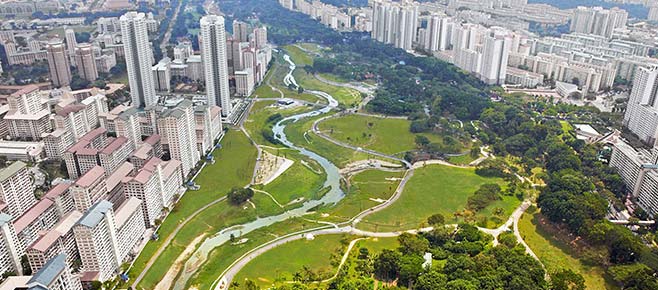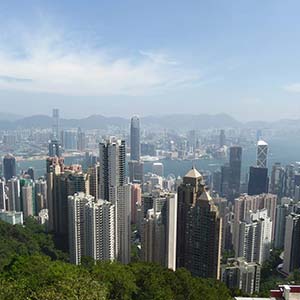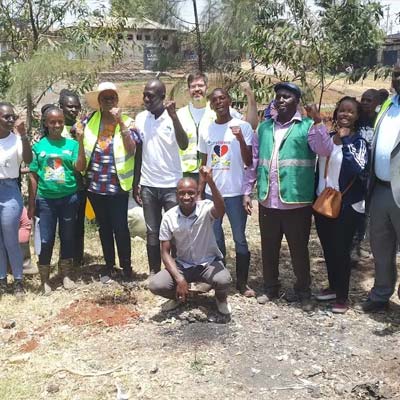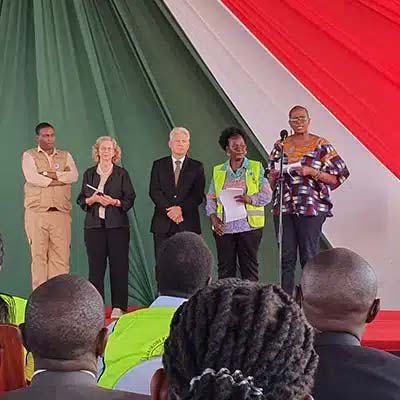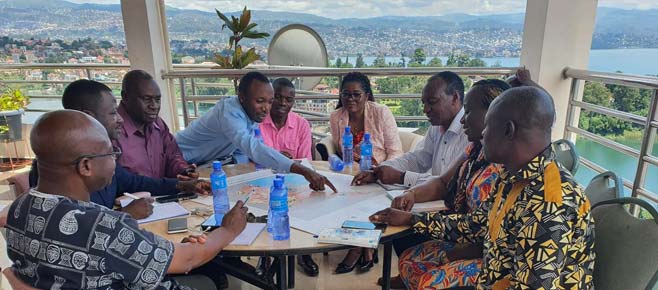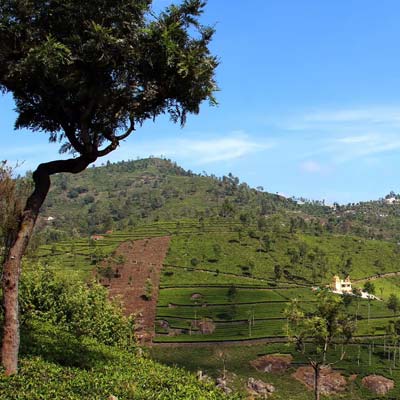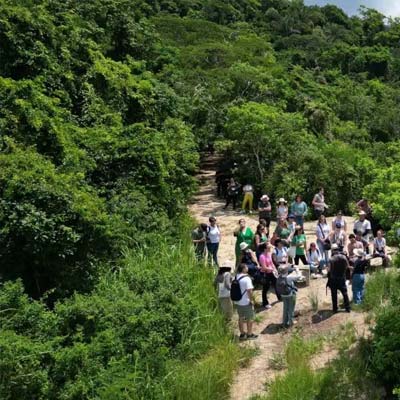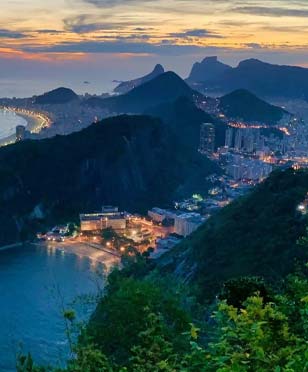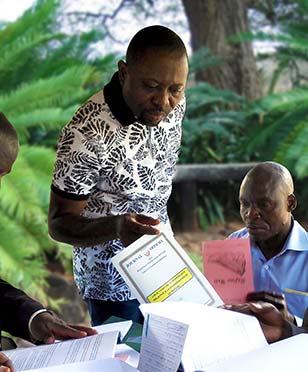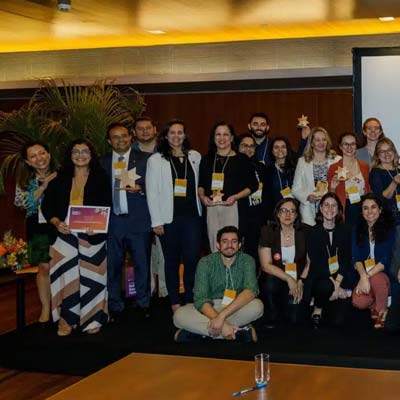3 Ways to Engage in Nature-Based Solutions in Sub-Saharan Africa
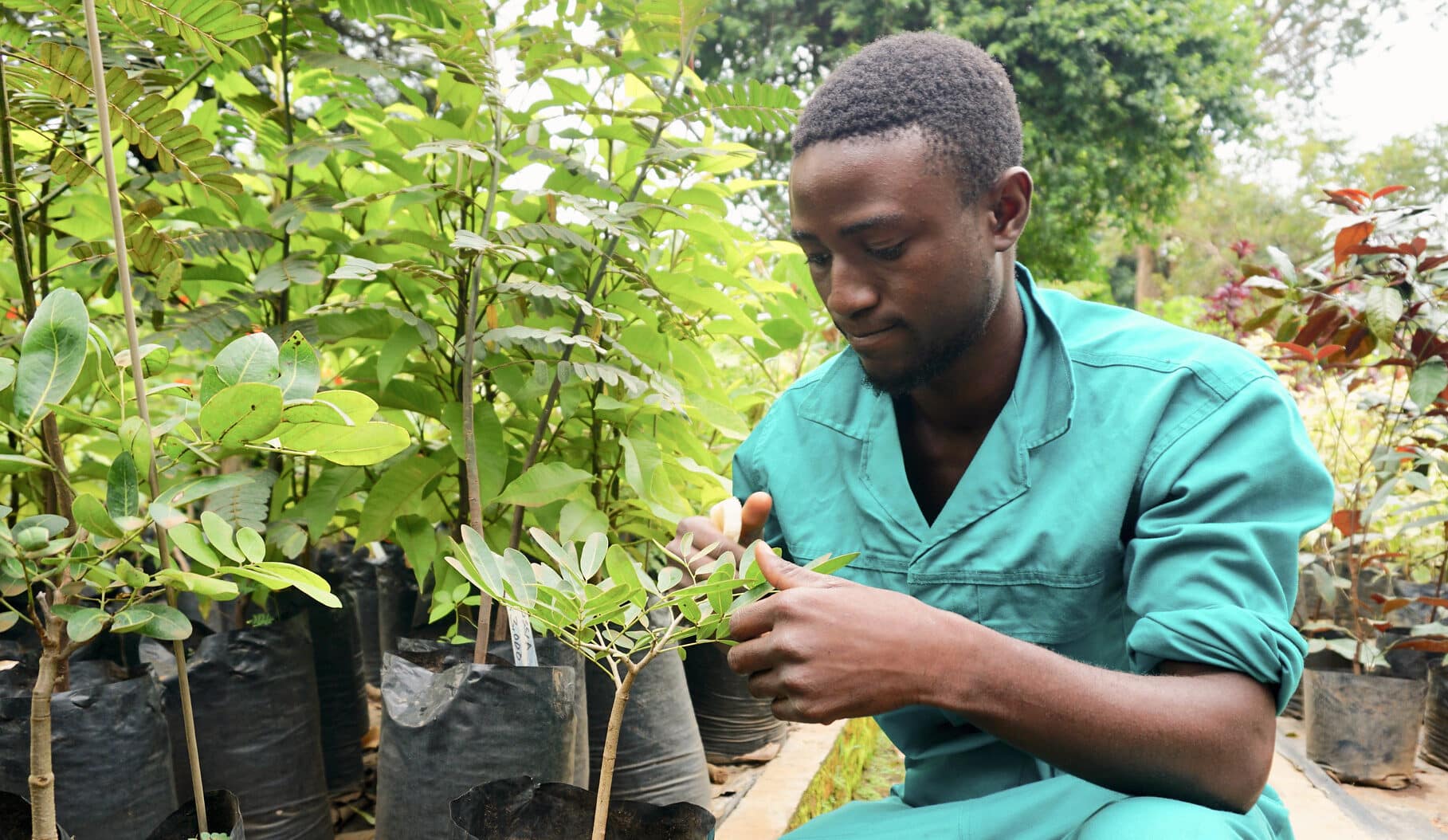
Although investments for nature-based solutions (NBS) for adaptation and resilience to climate change have been gaining traction at a global level, more work is needed to inspire the adoption of NBS in sub-Saharan Africa (SSA). In this region, identified as one of the most vulnerable to climate change, the collective infrastructure deficit in the region is estimated to reach $68 billion to $108 billion per year by 2030, whereas climate adaptation financing needs are estimated at $225 billion to $354 billion by 2030.
Unlocking investment in NBS can transform infrastructure planning and investment to address both the growing infrastructure needs and enhance climate resilience. For example, restoring watersheds can enhance water security, increasing tree cover and green space in cities can reduce extreme urban heat island effects and mitigate urban flood risk, and protecting mangroves and reefs can reduce coastal flood risk.
The World Resources Institute (WRI), Cities4Forests, the World Bank, the Global Facility for Disaster Risk Reduction (GFDRR), the African Development Bank (AfDB), the Green Growth Knowledge Partnership (GGKP), the Caterpillar Foundation, and the Deutsche Gesellschaft für Internationale Zusammenarbeit (GIZ) have joined forces to evaluate NBS investment opportunities in SSA.
Looking at the growing portfolio of NBS projects in SSA, this research aims to identify the barriers and opportunities to scaling NBS, inform strategies on how to invest in NBS, and create enabling conditions for scaling and replication in other locations. We are focusing on NBS infrastructure investments connected to urban resilience and disaster risk management (DRM), water and sanitation, energy, housing, and transportation sectors.
WRI is developing a searchable NBS Project Database, a first-of-its-kind knowledge product for the region and has cataloged 300+ projects so far from publicly available online databases. The database will reveal trends on where, how, and why NBS projects are being adopted and securing funding/finance. It can also provide the foundation with which to grow the pipeline of investment-ready projects that can access climate and infrastructure capital, and scale up investments in infrastructure, climate and water resilience, biodiversity protection, and poverty alleviation.
In the lead-up to COP27, WRI will release a publication that highlights a replicable methodology for multilateral development banks (MDBs) to identify and track the NBS investments to date within their lending and technical assistance portfolios. This publication will synthesize NBS projects in AfDB and World Bank lending portfolios, providing a baseline tracking method for these MDBs to catalogue enabling conditions and track progress towards the MDB Joint Nature Statement.
WRI and partners are aiming to build on existing NBS collaboration in SSA, explore new synergies to mobilize additional funding and policy action for NBS and identify strategies to curate an NBS project pipeline for future investments.
There are three ways that you can get involved in our study in the lead-up to COP27 (climate change) and COP15 (biodiversity):
1. Share your experience and ideas in our NBS project survey
WRI has developed an NBS project developer survey to capture projects implemented at a local scale by non-governmental organizations (NGOs), research institutes, and the private sector. An additional 50+ projects (TBC) have been identified through our NBS project developer survey. If you belong to one of these entities and are implementing local-level NBS projects, please complete the survey by Friday 7 October.
2. Connect with our team about Africa Climate Week (ACW) 2022
WRI Africa ran an event on Monday, 29 August as part of Africa Climate Week 2022 in Libreville, Gabon. The event explored current trends in financing NBS for climate adaptation and water resilience in SSA. It also highlighted investments and alliances that are overcoming the challenges of investing in NBS for adaptation and what more needs to be done to leverage its potential. This event brought together perspectives from actors who are driving innovation in climate and nature financing, including AfDB, FSD Africa, South Pole, SouthBridge Group, and Standard Chartered.
Emerging funding mechanisms included the Natural Capital Finance Alliance, Landscape Resilience Fund, and the African Water Cities Adaption Fund. Some of the key topics explored were how to get more NBS and climate adaptation projects “bankable” (or ready for investment) and the need to capture Indigenous and local knowledge in managing nature and ecosystems. If you were unable to attend the event, please email us at nbsinssa@wri.org with any questions you have on this topic and other opportunities to engage.
3. Join the NBS multi-stakeholder workshop to discuss mainstreaming green-grey infrastructure solutions
WRI is hosting an NBS infrastructure workshop on Wednesday, October 5 at the Social House in Nairobi, Kenya. The workshop will feature leading thinkers on adaptation, climate policy experts, infrastructure funders, and NBS project developers. By participating, attendees will learn from experts in the NBS field; contribute to cross-sectoral discussions on the barriers and opportunities to mainstreaming NBS in policy/planning and infrastructure design and implementation; and learn about new funding and financing strategies to scale up NBS investments.
The workshop provides an important opportunity to profile successful case studies of NBS projects across SSA and capture lessons learned. Please register your interest in attending (either in-person or virtual) here to assist in our planning.
We value your contribution and hope you will engage with us. For more information, please email the team at nbsinssa@wri.org.
